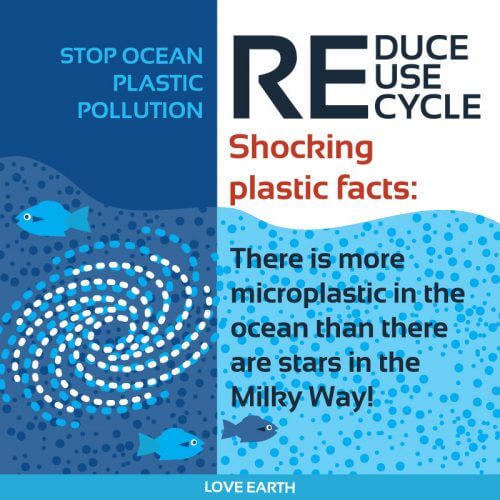It is important to promote legislative policies and effective regulations aimed at solving the global plastic problem. Consumers should also be encouraged to choose sustainable products and producers should be required to produce environmental and recycled products. In addition, emphasis should be placed on education and information

Following the global problem of plastic pollution, it is important to recognize that solving the problem requires spatial and governmental cooperation.
In order to address the problem, a worldwide plastic policy is required, which will identify the areas and problems in which intervention and support are needed, and will allow the circular economy concept to be applied to solve the problem. As part of this policy, it is necessary to invest in the infrastructure for collecting recycling and remarketing the plastic products, since this investment is essential for the implementation of the circular economy concept. In addition to this, an integral part of the plastic handling policy is education and advocacy to promote awareness of the use and consumption of sustainable products. Consumers will learn to demand sustainable products and prefer manufacturers who recycle and produce environmental products.
Plastic is a worldwide hazard and therefore there is a need for education and assimilation of the problem on a global scale through international cooperation. States and countries can learn from each other the ways to eradicate the harm and international organizations can cooperate and provide technology and funding to implement the plastic policy as a circular economy. Applying this concept will reduce the amount of plastic waste in the oceans, reduce the amount of garbage in landfills, and contribute to the preservation of the natural environment and the development of recycling markets. In addition, the economic results of the plastic policy as a circular economy can create jobs and contribute to improving the health of people and the environment. But therefore, there is a need for the effort and cooperation of manufacturers, countries, organizations and the general public to implement a plastic policy as a circular economy and to solve the global problem of plastic pollution. Despite new proposals such as using jellyfish mucus to collect microplastics.
Therefore, it is important to promote effective legislative policies and regulations aimed at solving the global plastic problem. Consumers should also be encouraged to choose sustainable products and producers should be required to produce environmental and recycled products. In addition, emphasis should be placed on educating and informing the general public about plastics and the impact of plastic consumption on the environment and human health. It is important to promote social projects and activism to expose the problem and increase the public's awareness of the plastic issue. However, the steps being taken today show hope for solving the global problem of plastic and providing solutions to deal with the pollution and its negative effects on the environment and humanity.
More of the topic in Hayadan:
- What is holding back the fight against plastic pollution in the sea?
- An innovative material inspired by spider webs to solve the problem of plastic pollution
- Plastic infections have been found in marine animals all along Israel's coasts in the Mediterranean Sea and the Red Sea
- Huge amounts of plastic waste were found in the estuary of the Kidron River, which abuts the waterline of the Dead Sea
